The Unspoken Realities of Inheritance Guilt
This is a topic rarely discussed outside of wealthy elite circles.
Ask the average person, and they’ll tell you they’d love to receive an inheritance.
They can’t fathom how inheriting wealth could feel anything but like a God send .
But for those of you who’ve experienced it, you know the alternate reality:
You don’t always feel happy.
You don’t always feel liberated.
You don’t even feel excited to create a plan for your newfound wealth.
What you feel is guilt.
Guilt around inheritance is layered, complex, and often misunderstood.
It’s not something you can casually share at a dinner party or even with friends who don’t come from wealth.
The risk of appearing “tone-deaf” is high, creating a bubble of isolation around your feelings.
And yet, guilt is an incredibly common response to receiving wealth you didn’t earn.
One of the most common reasons for inheritance guilt is this…
You didn’t earn the money—someone else did.
This wealth represents the life’s work of someone you loved.
They saved it, invested it, and grew it for the future.
But they’re no longer here to enjoy it.
And now, it’s in your hands.
You’re left grappling with:
- The loss of their presence.
- The responsibility of their legacy.
- And the weight of deciding what to do with money you didn’t create.
How do you use this wealth in a way they would have approved of?
How do you honor their vision without their guidance?
And above all, how do you reconcile the guilt of being here to enjoy it, when they’re not?
Another common source of guilt is the privilege itself.
For most of us humans, there’s an innate need to feel we’ve earned our success.
Inheritance, by definition, bypasses that.
When you inherit wealth, you haven’t earned it through effort—you were simply born into a family that could pass it on.
Now, imagine sitting with that reality while the world around you struggles:
- People losing jobs.
- Families struggling to make ends meet.
- Communities navigating crisis after crisis.
And here you are, handed $30 million or more.
It doesn’t feel like winning the lottery—it feels heavier.
Because unlike the lottery, which offers an equal playing field to everyone, inheritance comes with privilege baked in.
Then, there’s the question of where the wealth came from.
If your family’s wealth was built in a way that conflicts with your values, the guilt intensifies.
How do you reconcile a life of privilege when the source of that privilege feels misaligned—or even harmful?
These are the complex, deeply personal questions that keep many wealthy individuals silent.
After all, who can you even talk to about this?
Why Traditional Therapy Fails the Wealthy
Many clients come to me after traditional therapy has failed them.
The truth is, most therapists aren’t equipped to navigate the intersection of wealth, guilt, and privilege.
They bring their own preconceived notions about money and wealth into the room, which can make it nearly impossible for you to be heard, seen, and understood.
Money guilt isn’t just about wealth—it’s about identity, legacy, and the immense weight of responsibility.
These aren’t conversations you can have with just anyone.
What I believe is this:
Guilt about inheriting wealth doesn’t have to be permanent.
It’s a signal—an invitation to deepen your relationship with money and transform how you see and use wealth in your life.
But contrary to popular belief, giving it all away isn’t the answer.
Many people turn to philanthropy as a way to absolve their guilt, believing that by giving away their wealth, they can justify its existence.
But this approach doesn’t heal the root cause.
It only puts a Band-Aid on the problem, often creating a savior complex in the process.
Your guilt should never be the driving force behind your generosity.
The Transformational Work of Wealth Psychology
If you want to truly move past guilt, you must go deeper.
This is the work I do with my clients:
- Unraveling the layers of guilt.
- Healing the relationship with money.
- Creating a new paradigm where wealth is no longer a burden, but a tool for freedom, empowerment, and legacy.
The steps to transform guilt into positive action will look different for everyone.
For some, it means creating a vision for their wealth that aligns with their values.
For others, it’s about exploring the roots of their guilt and rewriting the stories they’ve inherited.
And for all, it begins with one simple truth:
You don’t have to carry this guilt forever.
If your desire is to release the guilt and step into a relationship with wealth that feels expansive, empowering, and deeply aligned with who you are, let’s begin the conversation.
Once again, this isn’t about giving your wealth away to justify its existence.
It’s about transforming how you see yourself and your inheritance—so that wealth becomes a source of possibility, not guilt and pain.

